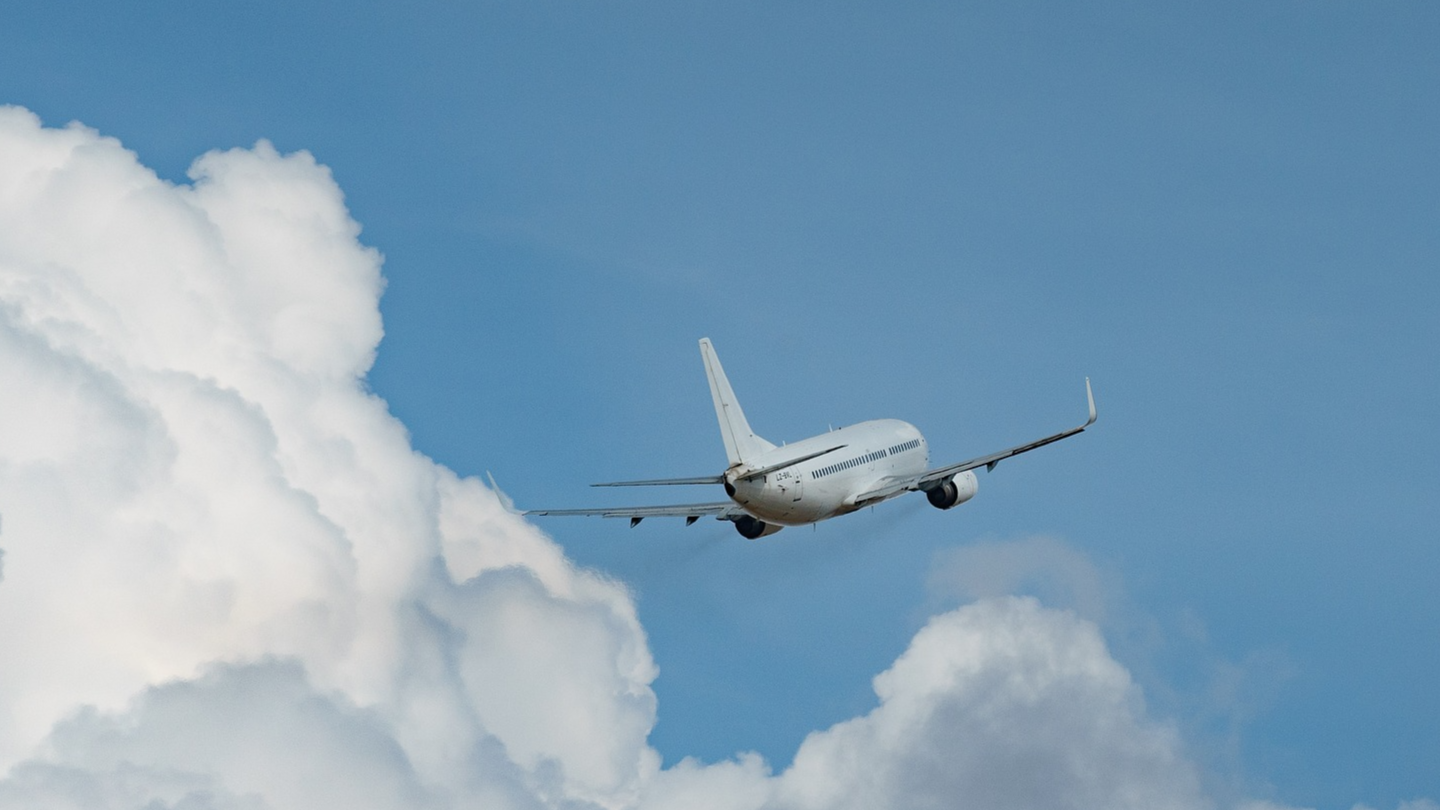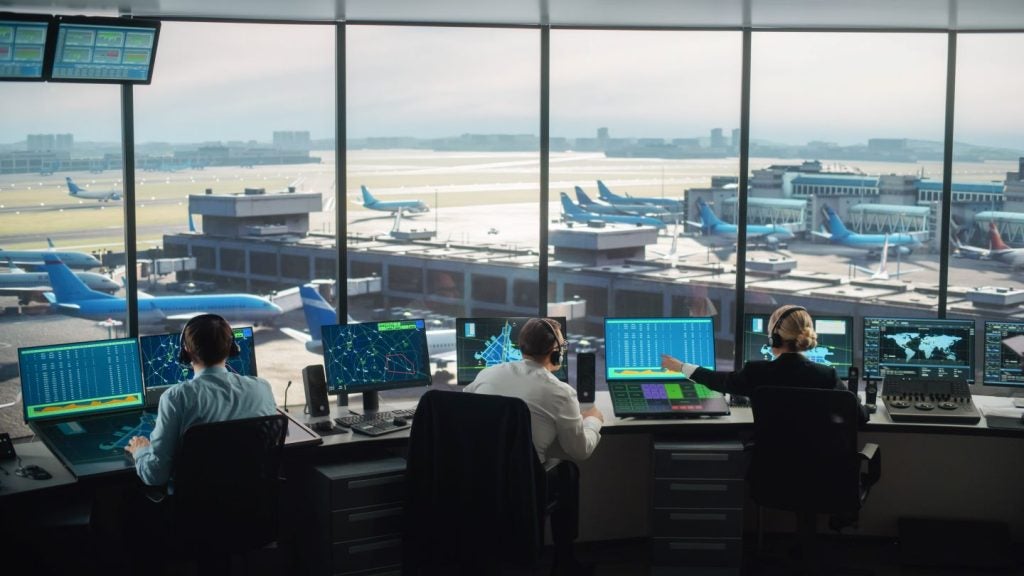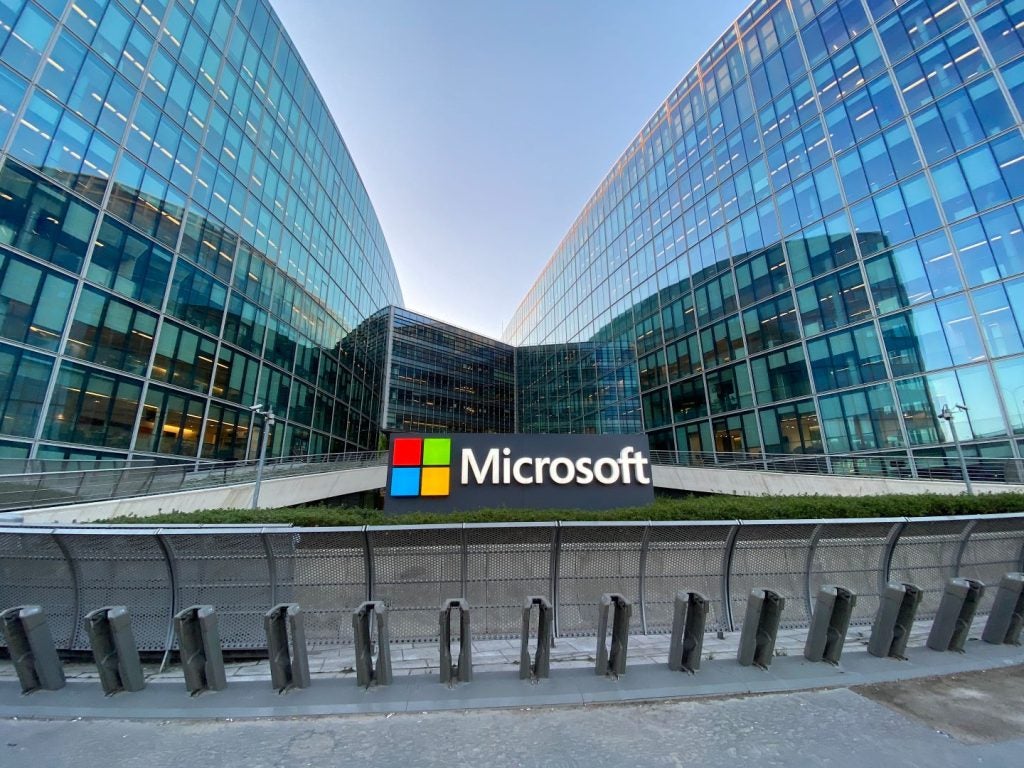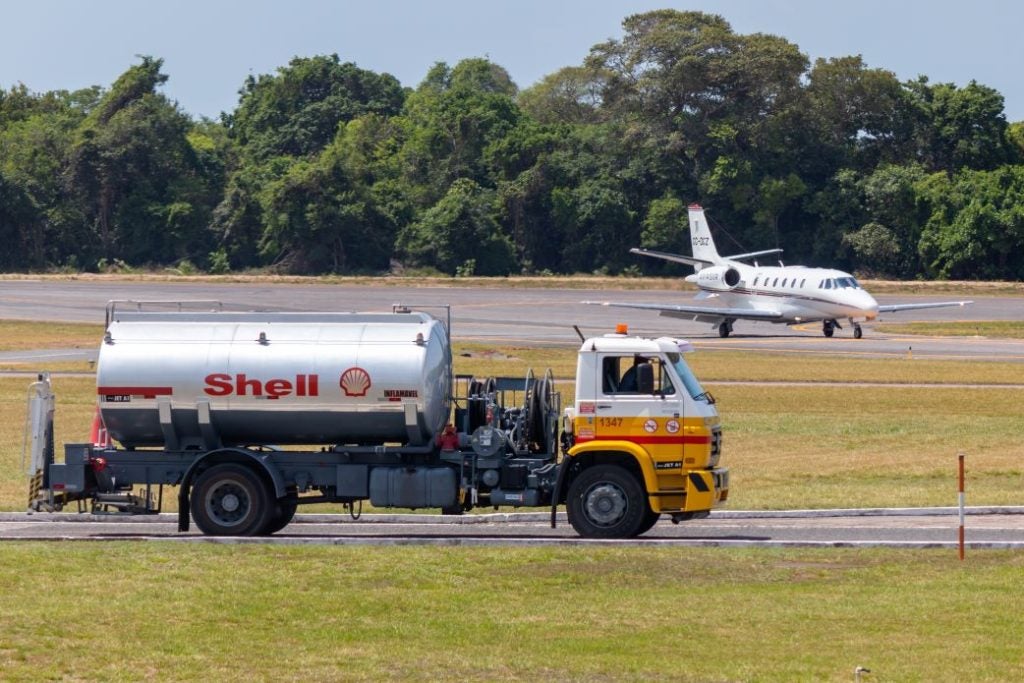
Travel technology company Amadeus has made its first investment outside of the software world with its acquisition of a minority stake in sustainable aviation fuel (SAF) company Caphenia.
The German organisation is developing a way of producing synthesis gas – a feedstock of SAF, using a mixture of biogas, CO₂, water and electricity.
Amadeus head of ventures Suzanna Chiu said: “The transaction represents a step forward in our sustainability strategy, taking the perspective from a different part of the value chain in the industry.
“As the industry moves toward its goal of reaching net zero by 2050, we are taking concrete steps to accelerate the process.”
Whilst Caphenia has secured patent protection for its Power-and-Biogas-to-Liquid process, the company has yet to start production but has plans to begin next year.
Caphenia’s plans have forecast that the company will be producing 10 million litres of SAF by 2027, 100 million litres by 2030 and over one billion by 2035.
Caphenia chief executive Dr Mark Misselhorn highlighted SAF as a “practical long-term alternative” to current fuels due to the up to 92% reduction in CO₂ emissions that it brings.
Misselhorn said: “Our process is affordable – using one-sixth of the electricity needed for alternative SAF production methods – and scalable.
“We have the ambition to offer large-scale production by 2028, aiming to fill the gap between anticipated SAF demand and current supply.”
Amadeus isn’t the only company to be investing in SAF recently with major players including Qantas, Boeing and Ryanair also putting significant funding into the research and use of SAF technology.
However, whilst SAF has been declared a crucial part of the aviation industry’s sustainability and decarbonisation drive, some in the industry have dampened the hopes that it may one day replace traditional fuels with Boeing CEO Dave Calhoun saying it will never be as affordable.







